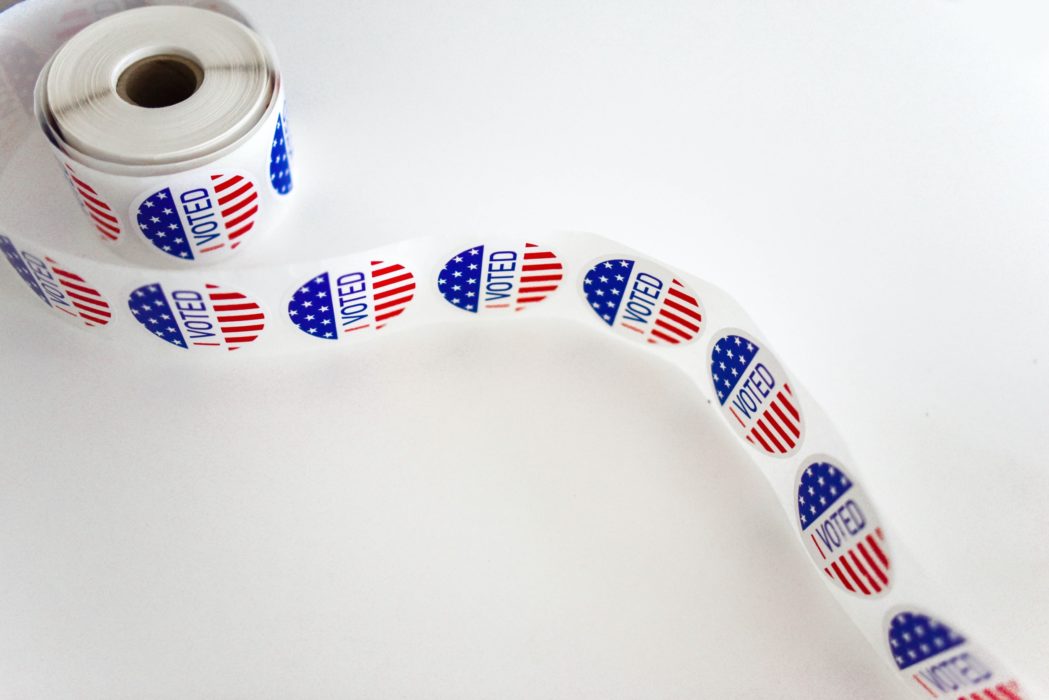
Article by MIRS News, for SBAM’s Lansing Watchdog e-newsletter
Underfunded Republican gubernatorial nominee Tudor Dixonis within two percentage points of incumbent Gov. Gretchen Whitmer, according to a Mitchell Research & Communications survey commissioned by MIRS.
The Oct. 19 survey of 541 respondents found Whitmer up 49% to 47%, which is within the poll’s margin of error of +/- 4.21%. The final 3% are undecided. The crosstabs are here.
“This may be a real barnburner going all the way down to the wire,” said Steve Mitchell, president of Mitchell Research.
Meanwhile, Attorney General Dana Nessel is up on Republican Matt DePerno 46% to 43%. Secretary of State Jocelyn Benson has a stronger 49%-to-40% lead over Republican Kristina Karamo. And support for Proposal 3 is slim — 50% to 47%.
The poll was conducted using automated Interactive Voice Response methodology, calling landlines and by text messaging voters’ cell phones and sending them to a SurveyMonkey page.
Mitchell said after a strong debate performance and a statewide TV buy, Dixon has closed the race. Whitmer, too, did well in the debate, but she is facing a “very bad economic environment that includes the highest inflation in more than 40 years.
“Both candidates are exceptionally strong campaigners, but Whitmer is also running with an unpopular Democratic president in the White House.”
The governor has consolidated the Democratic vote, leading that demographic 92% to 6%, but Republicans are finally getting behind Dixon, 89% to 6%. The independents are going with Whitmer 49% to 45%.
Asked “which of two issues is most important to them in determining their vote for governor and the legislature?” 51% say “inflation and the economy” and 41% say abortion. Among independents, 56% say the economy and 39% say abortion.
On Proposal 3, the question was, “If the election were held today, how would you vote on Michigan Proposal 3, which would amend the constitution in Michigan to establish the right to abortion?” The response was 50% yes, 47% no and the rest undecided.
Prior to the question, the universe was set with 40% strongly pro-choice voters, 13% somewhat pro-choice voters, 14% somewhat pro-life voters and 26% strongly pro-life voters. The final 6% were undecided.
Asked where they were going with their Congressional vote, 47% said they were going to vote for the Democratic candidate and 46% said they’d be voting Republican.